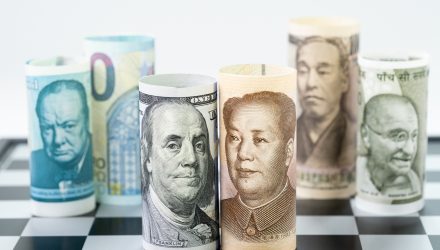It will be hard to imagine there will be any progress on these three issues in the short run. Beijing has been enjoying economic and technological advances without giving up much domestic market share to foreign firms for decades. Opening up its market gradually and at its own pace has always been part of China’s success story. In addition, China considers the Communist Party-led state-sponsored model for technology advance to be its fundamental development strategy. China will be more flexible in purchasing more goods and services from the US, but forcing China to change what it considers the fundamental development strategy will prove to be much harder to achieve.
On the US side, the trade deficit has always been one of the most consistent policy issues on President Trump’s agenda. He has been arguing the US is unfairly treated in global trade since the 1980s. Contrary to the views of free-trade supporters and mainstream media, Trump’s trade war against China enjoys broader support. Many lawmakers, including some such as Sen. Marco Rubio (R-Fla.) who have been critical of the president, issued public statements backing the tariffs. Senate Minority Leader Charles E. Schumer (D-N.Y.) said, “The president’s actions on China are on the money. … China is our real trade enemy, and their theft of intellectual property and their refusal to let our companies compete fairly threatens millions of future American jobs.”
Currently, there is no sign either party will be willing to negotiate or clear a path to reach any type of agreement given the big differences between the two sides. The longer the spat drags on, the harder it will be to unwind. We foresee the trade conflict between the two countries as a long-term dispute, not a quick resolution. The initial impact on the US economy may not be significant as exports to China are only 0.67% of the US GDP. However, as the trade conflicts escalate and drag on, the cumulative effect on economic growth could be significant. We believe that trade war and trade conflicts will become the “new normal” for a foreseeable future.
In this “new normal” environment, two major market trends will be worth watching:
- US stocks may outperform international stocks. The US is the largest consumer in the world. The protectionist trade policies are likely to reduce the imports from other countries and have larger negative impacts on foreign firms. Additionally, the efforts to reduce imports and promote exports may strengthen the US dollar, which may in turn make the US assets more attractive.
- Stocks that generate revenues from domestic markets will likely outperform stocks dependent more on foreign markets. Normally, protectionist trade policies will benefit firms (mostly small or mid-size) that generate revenues from domestic demand instead of exports. Multi-nationals and firms dependent on exports and global supply chain may be worse off.
Henry Ma is the President & CIO at Julex Capital Management, a participant in the ETF Strategist Channel.

